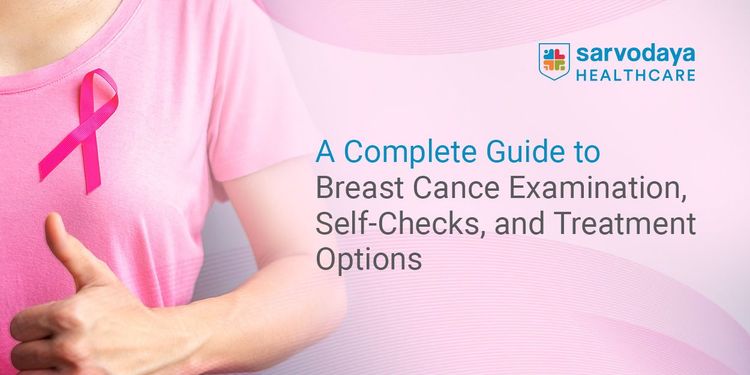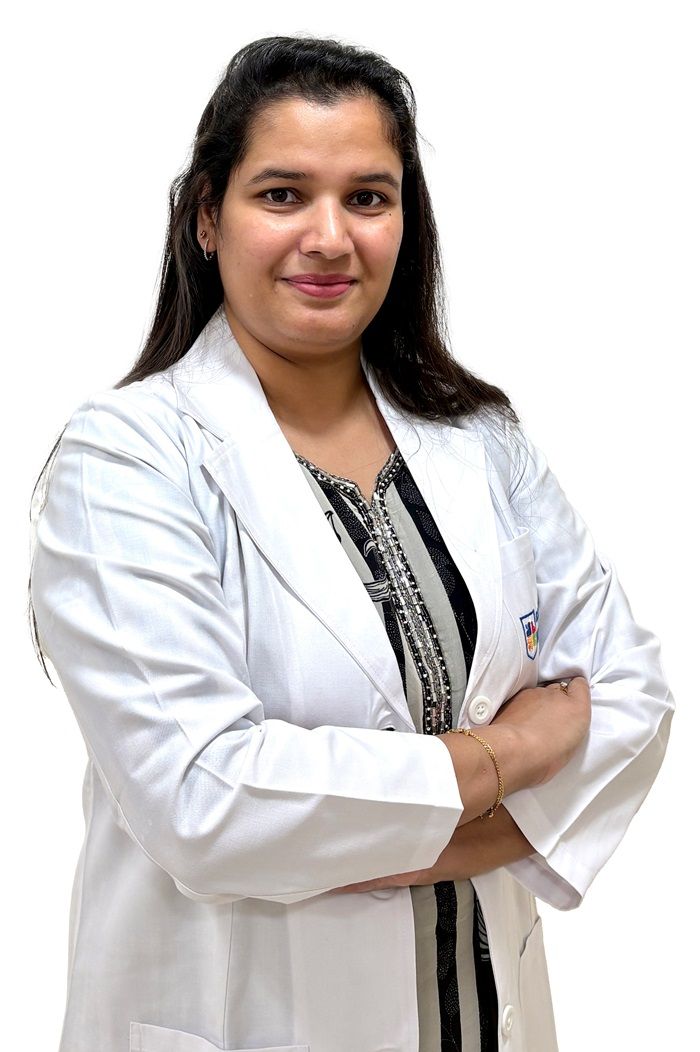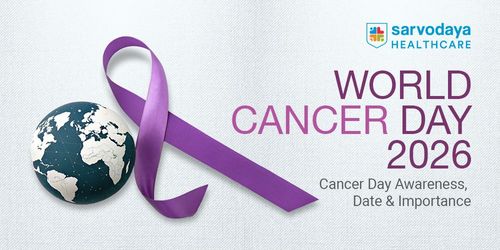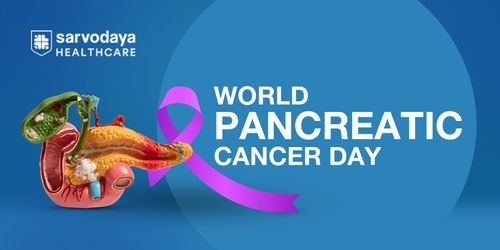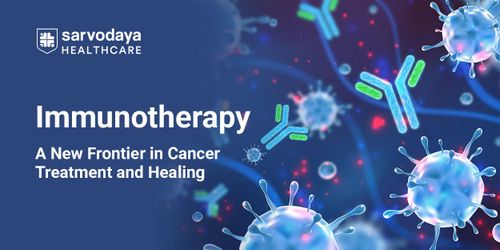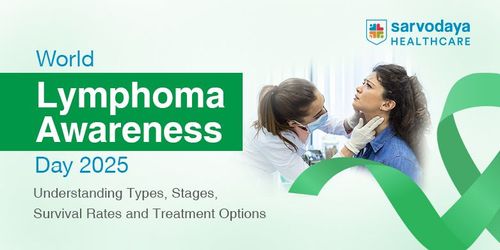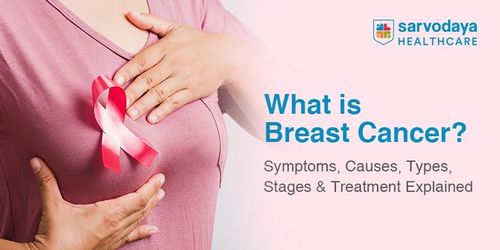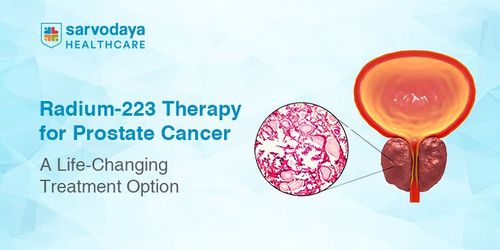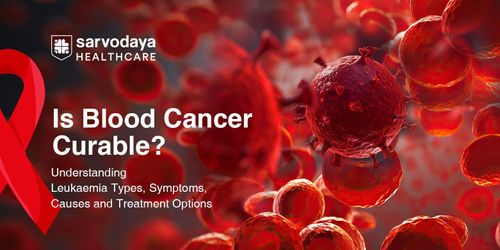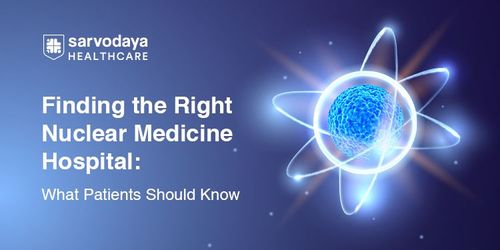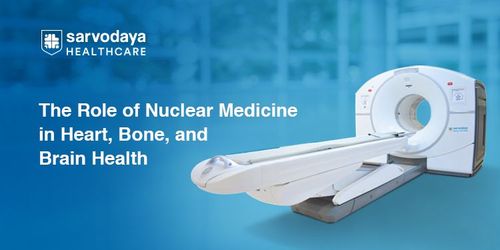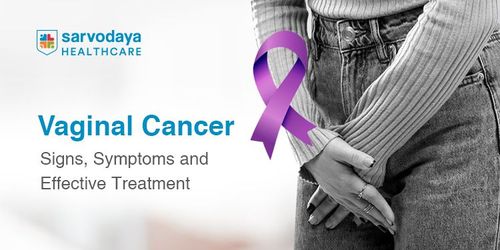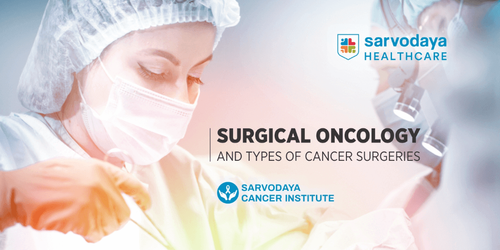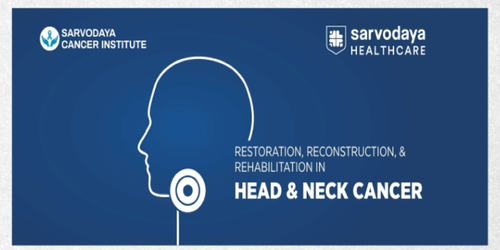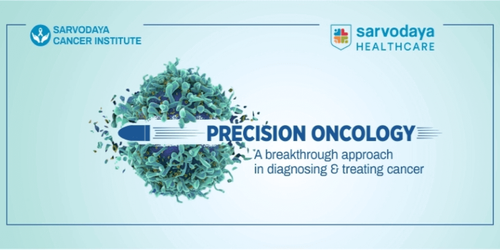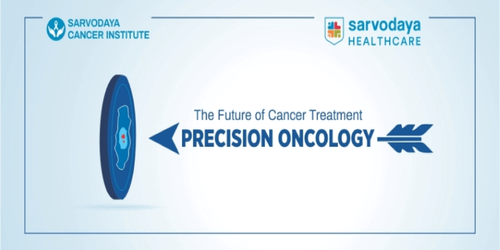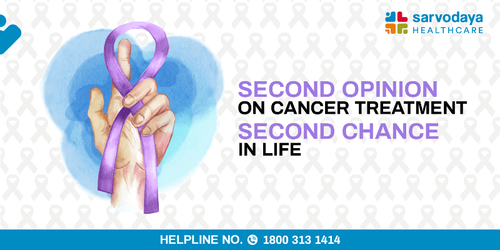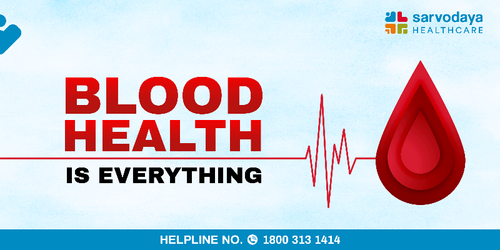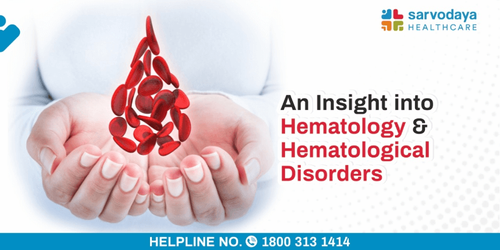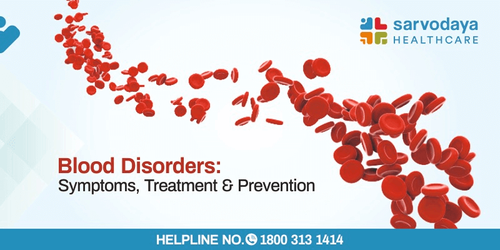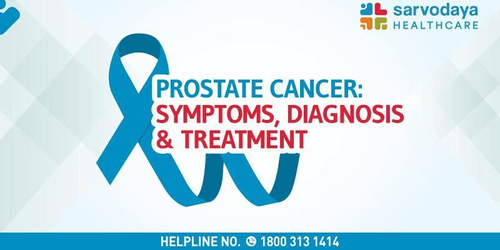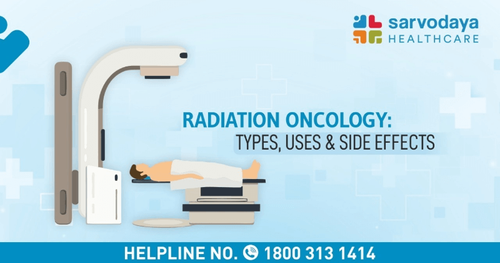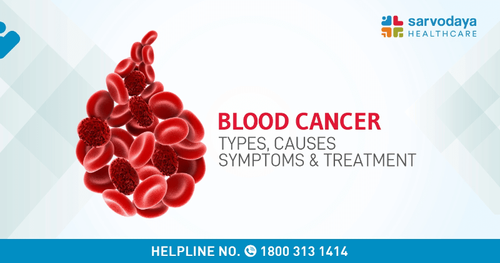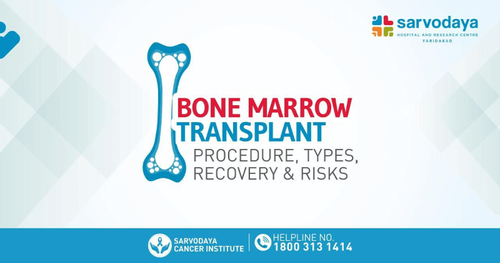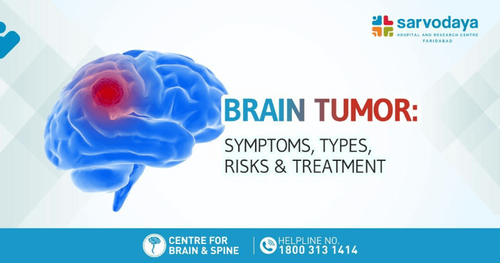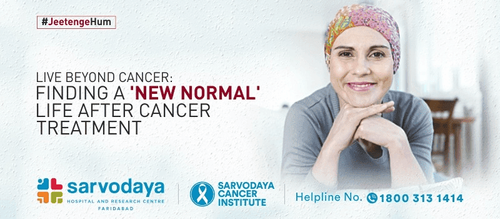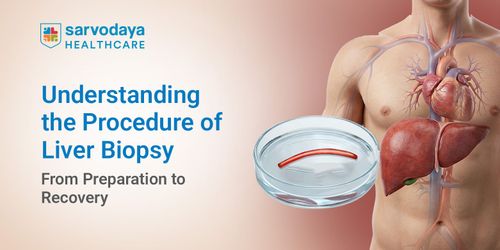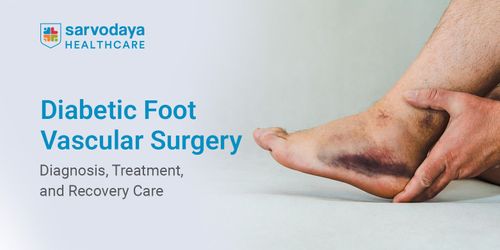Breast cancer is one of the most common cancers affecting women worldwide and has been steadily increasing in India over the last decade. If left untreated, it can spread to other parts of the body. The good news is that early breast cancer examination and timely medical care can significantly improve recovery and survival rates.
In this blog, we discuss how women can perform self-examination and the different clinical and radiological tests available, as well as the cost of treatment in India.
Understanding Breast Cancer
Breast cancer occurs when cells in the breast begin to grow abnormally, forming lumps or spreading to surrounding tissues. It is not a disease limited to women alone, but women are at a much higher risk compared to men. Early detection is vital. With regular breast cancer examination and awareness of warning signs, women can seek timely treatment that prevents the disease from advancing.
When detected at an early stage, most patients respond well to available therapies, and survival rates are significantly higher.
Self-Examination: The First Step
Performing a regular self-check, known as breast self-examination (BSE), is one of the simplest and most effective ways to catch abnormalities early. Every woman should make this a monthly habit, ideally a few days after the menstrual cycle ends, when breasts are less tender.
Here are the steps to follow for a proper self-examination:
- Look in the Mirror: Stand straight and examine your breasts for any changes in size, shape, or skin texture.
- Raise your Arms: Lift both arms and check again for differences or asymmetry.
- Use your Hands to Feel: With the pads of your fingers, move in circular motions over the breast and armpit to detect lumps or hardened areas.
- Lie Down and Repeat: When lying down, spread the breast tissue evenly and repeat the palpation to ensure nothing is missed.
If any changes are noticed, it is essential to seek immediate medical advice from a cancer specialist in Delhi NCR.
Clinical and Radiological Breast Cancer Examination
While self-checks are essential, a proper breast cancer examination by a medical professional is the most reliable way to detect the disease early. Doctors usually begin with a Clinical Breast Examination (CBE), where they palpate the breast and underarm to check for lumps, skin changes, or nipple discharge. If an abnormality is suspected, radiological tests are carried out.
The most common ones include:
- Mammography: The first-line imaging test, beneficial for women over 40. It can detect small tumours not felt by hand.
- Ultrasound: Often used for younger women with denser breast tissue, helping distinguish between solid lumps and fluid-filled cysts.
- MRI Scan: Recommended for high-risk patients or where mammography results are unclear.
If imaging indicates suspicious changes, a biopsy is performed. This involves removing a small sample of breast tissue to confirm the presence of cancer cells.
Breast Cancer Treatment Options
Once cancer has been confirmed, doctors determine the most suitable treatment for breast cancer based on the stage, size of the tumour, and the patient’s overall health.
Treatment often involves a combination of therapies:
- Surgery: The main option for localised cancer. This can be a lumpectomy (removing only the tumour) or mastectomy (removing the entire breast). The breast cancer surgery cost in India depends on the hospital and the complexity of the procedure.
- Radiation Therapy: Often given after surgery to destroy any remaining cancer cells.
- Chemotherapy: Used when cancer has spread or is aggressive. It may be given before or after surgery.
- Hormonal Therapy: Effective in cancers that are sensitive to hormones like oestrogen or progesterone.
- Targeted Therapy: A modern treatment that targets specific proteins in cancer cells to block their growth.
Cost of Breast Cancer Treatment in India
India is recognised for offering advanced cancer care at comparatively affordable rates. However, the actual expense for each patient varies widely and depends on several factors rather than a fixed amount.
The main elements influencing the breast cancer surgery cost in India and overall treatment expenses include:
- Stage of the Disease: Early-stage cancers usually require less intensive treatment compared to advanced stages.
- Type of Treatment: The type of treatment needed – whether surgery, chemotherapy, radiation therapy, targeted therapy, or a combination – will affect overall costs.
- Choice of Hospital and Facilities: Premium hospitals and centres equipped with the latest technology may charge more, but they also provide comprehensive services.
- Duration of Treatment: Longer treatment cycles with multiple follow-ups naturally increase costs.
- Patient-Specific Requirements: Factors such as age, overall health, and the need for reconstructive surgery after mastectomy can impact expenses.
Conclusion
Breast cancer is a serious condition, but one where early awareness and timely breast cancer examination can dramatically improve chances of recovery. By undergoing regular check-ups, women can protect themselves against the risks of late detection.
At Sarvodaya Hospital, Faridabad, patients receive comprehensive cancer care supported by advanced diagnostic facilities, expert oncologists, and individualised treatment plans. Whether you are seeking preventive consultation or advanced treatment for breast cancer, the hospital ensures world-class care close to home. A simple consultation with a cancer specialist in Faridabad at Sarvodaya can provide clarity, reassurance, and, where necessary, a structured plan of action for recovery.
If you or your loved one is experiencing any of the warning signs mentioned in this blog, do not delay. Early action saves lives. Take charge of your health and book an appointment now with an experienced oncologist for screening or consultation.


